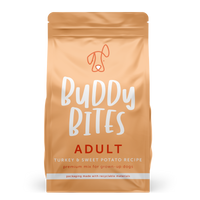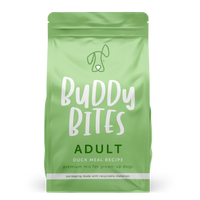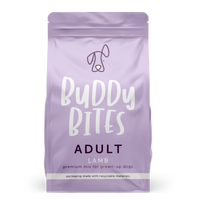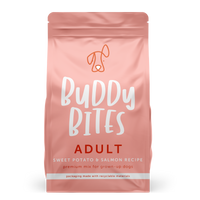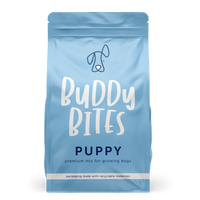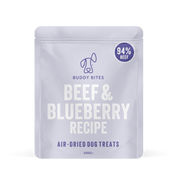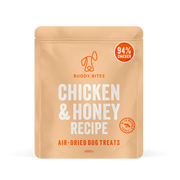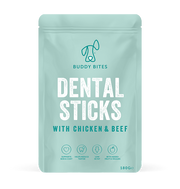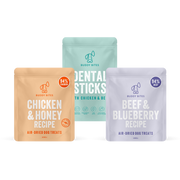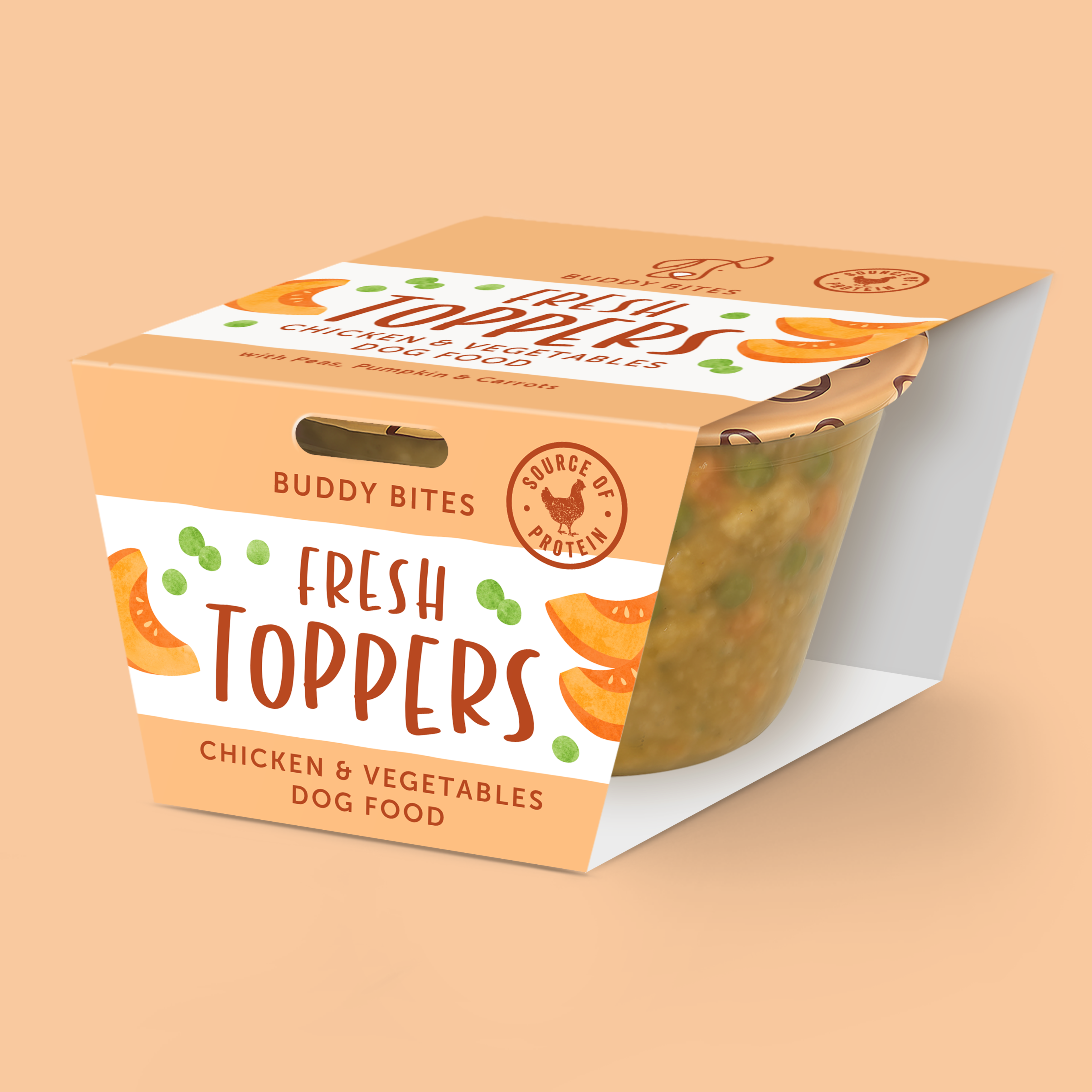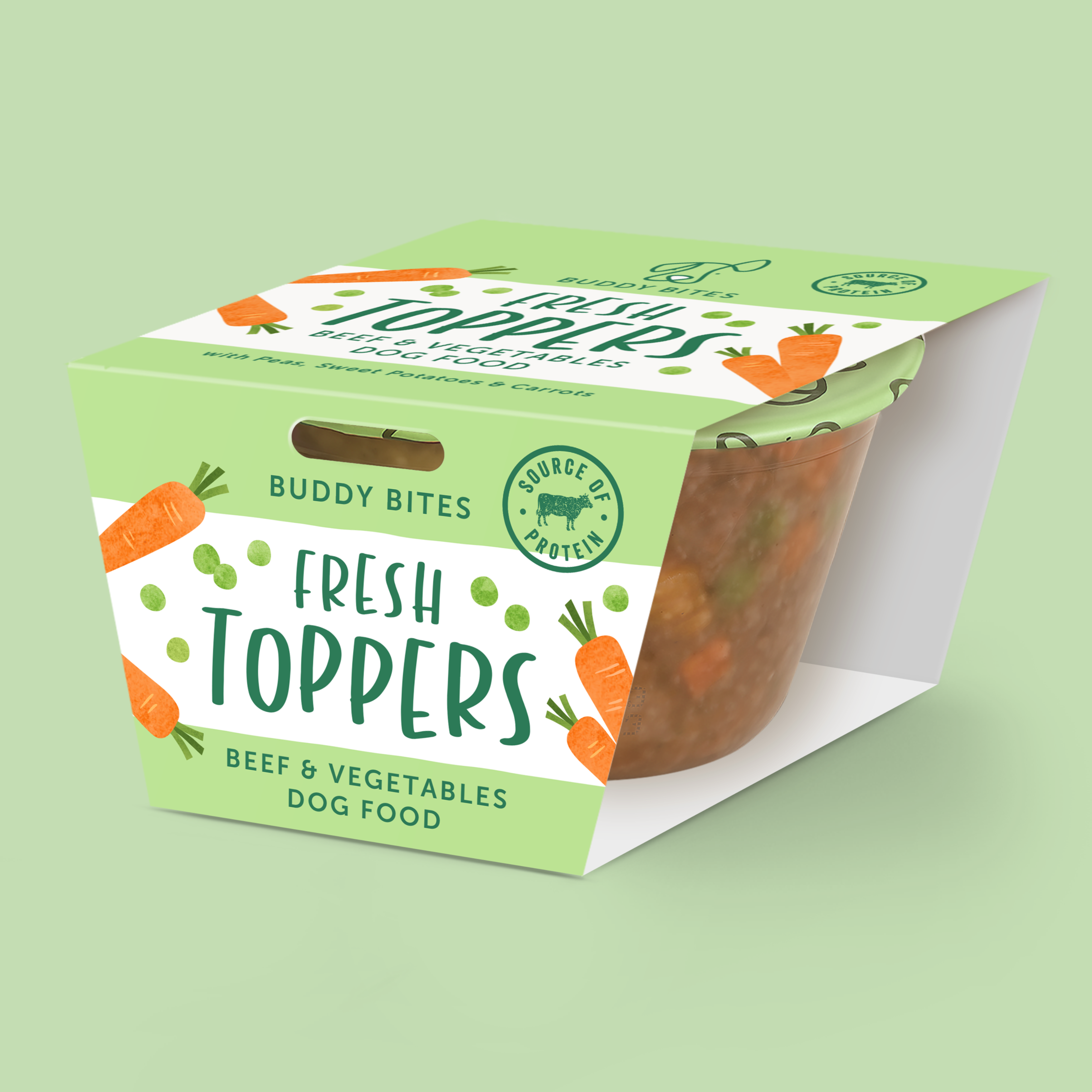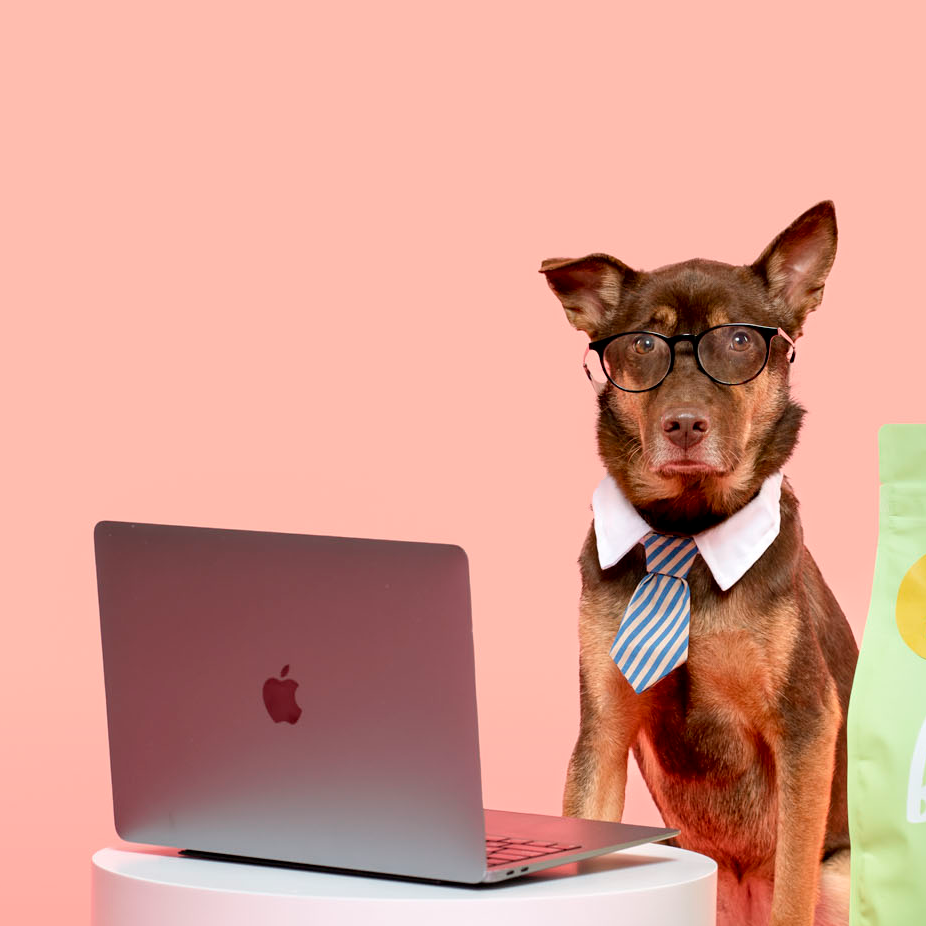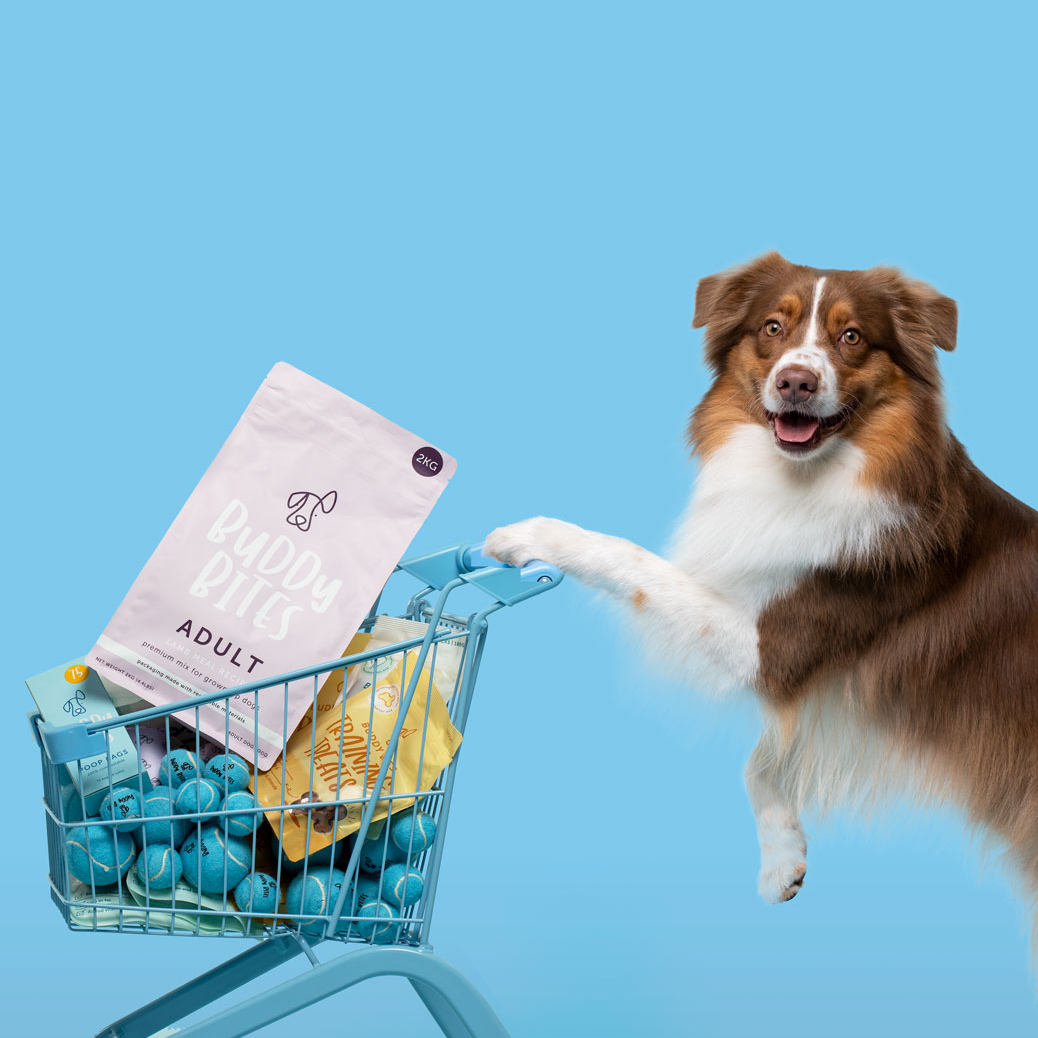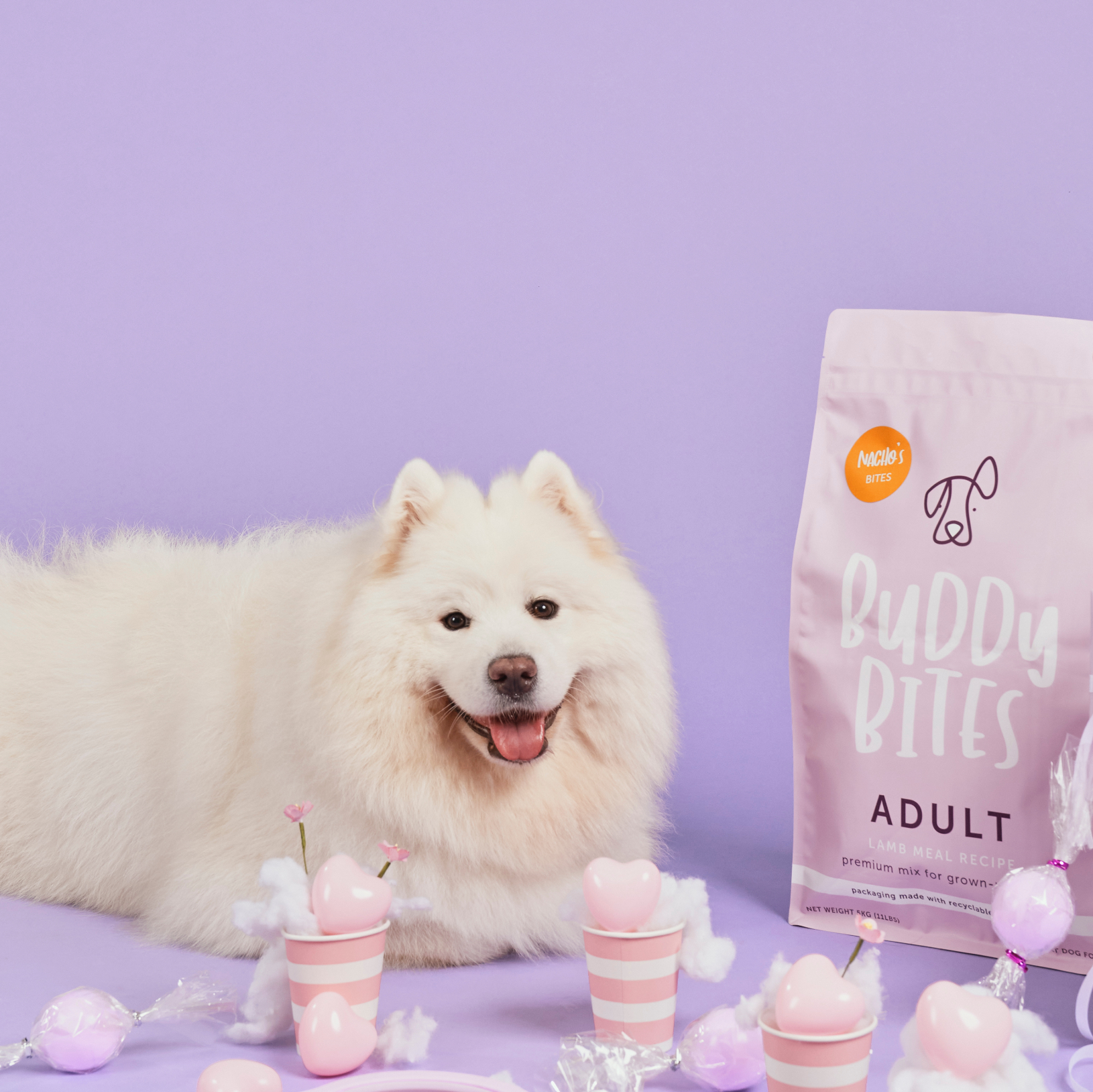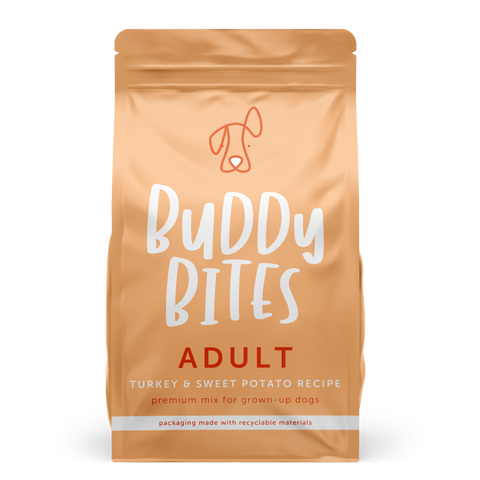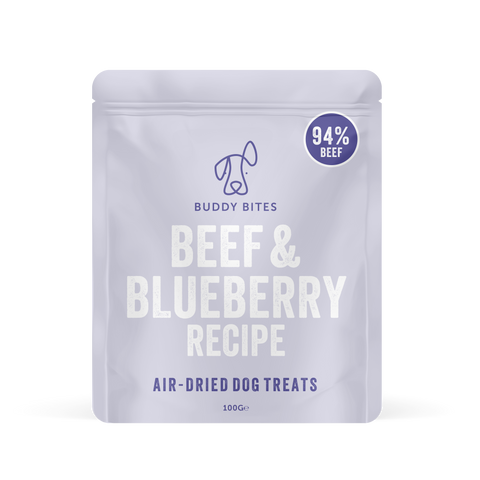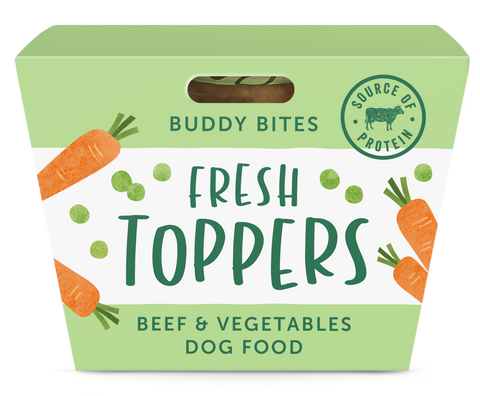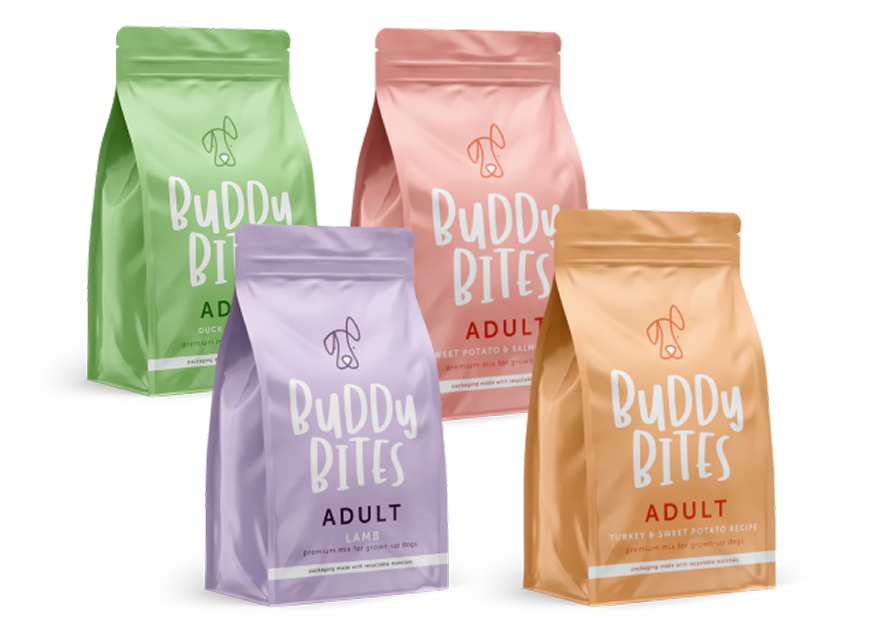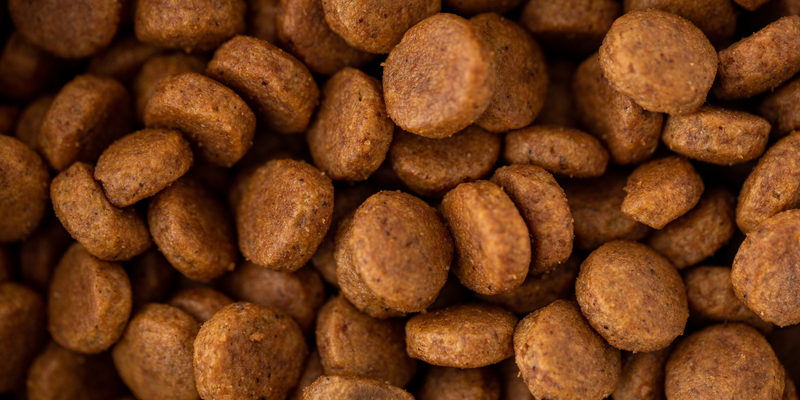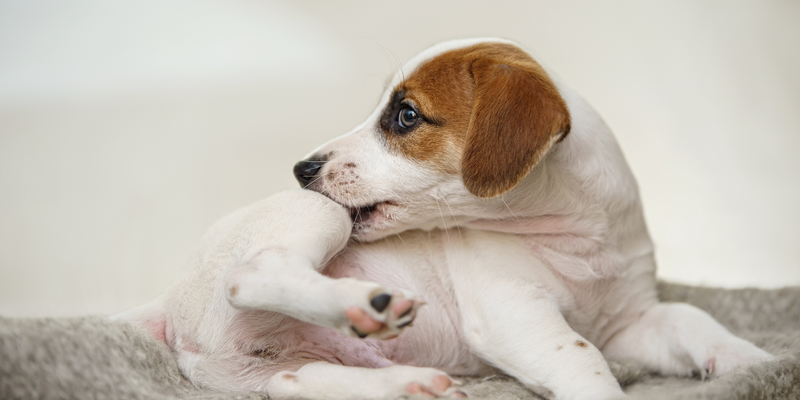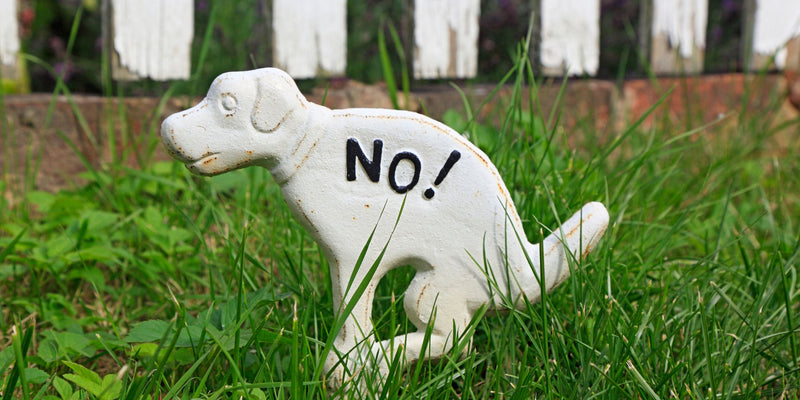Is Chocolate bad for dogs?
July 06, 2022

Can dogs eat Chocolate?
Most people have heard that chocolate is not safe for dogs. But do we actually know the reason why? Chocolate is in fact toxic to dogs and when ingested, can result in major illnesses or in worst cases lead to death. Even though it also depends on the type or amount of chocolate in relation to the weight of your dog, chocolate is in fact poisonous for them and should not be consumed. Not only does it endanger your dog’s health but it also could result in a really hefty vet bill that no one would want.
Why is Chocolate bad for dogs?
Chocolate contains both theobromine and caffeine, as well as many other unsafe ingredients for dogs such as raisins, nuts and more. Both theobromine and caffeine can be easily digested by humans but no so much for dogs which makes it dangerous. These ingredients are also known to be a heart stimulator and might negatively affect the nervous system of dogs. Dogs are unable to metabolize these ingredients as well as humans are able to, making them more sensitive to the chemical effects.
How much Chocolate is poisonous for dogs?
The level of theobromine varies with the chocolate type; the darker and more bitter the chocolate, the more poisonous it is for dogs. The darker chocolate types and even cooking chocolate may contain as much as 450 mg of theobromine per ounce, in comparison to white chocolate with only 0.25 mg of theobromine per ounce of chocolate. But that does not mean you should let your dog “accidentally” consume any form of chocolate as a special treat. It only takes less than an ounce of chocolate to be dangerous for a 19kg dog. There is no way to determine the exact amount of chocolate to be considered dangerous but avoiding it entirely would be the ultimate safest for your dog.

What are the signs of Chocolate poisoning?
If you suspect your dog has ingested chocolate, keep a close look out for signs within the next 6-12 hours when symptoms will start to appear. Common signs may include; vomiting, diarrhea, restlessness, tremors, elevated heart rate, seizures, panting, excessive urination and heart failure. Complications may occur and worsen the condition depending on the amount consumed. The symptoms may take hours to develop but can last for days due to their bodies' inability to process the theobromine and caffeine. Seek medical attention immediately by calling your vet and heading to the animal hospital for further advice.
*Older dogs or those with heart conditions are at higher risk of even death from having consumed chocolate.
My dog ate Chocolate. What should I do?
Chocolate is not safe for any dog to consume. Act fast and get your dog treated for chocolate poisoning as soon as possible to ensure the quickest recovery.
-
Call your vet or any available ones immediately. Let them know what happened or any details you are aware of including the quantity of chocolate and the size of your dog.
-
Save the packaging of the chocolate so that your vet will be able to better advice on the next steps.
-
Head down to the vet as soon as possible to get treatment sorted. The longer you wait the worst it might get for your dog. It is likely that the vet may induce vomiting to get the chocolate out of your dog’s system or provide activated charcoal to stop the intake of theobromine into their blood stream. The vet may want to perform a full examination to determine if your dog is experiencing any abnormalities, and in some serious cases may admit them to the hospital for further tests or monitoring.
There are no specific antidotes or proven treatments for chocolate toxicity in dogs. However do always seek professional help and advice if your suspect your dog has ingested any chocolate.

How do I prevent my dog from eating Chocolate?
Although it is arguable that certain chocolate types are not as harmful and that chocolate poisoning is also dependent on the size of the dog, it is still never advisable to allow your dog to consume any chocolate.
Here are some simple tips you can follow to keep your dogs safe:
-
Teach your dog the “leave it” command so they will not pick up any food item that falls on the ground or is left behind when no one is looking
-
Keep all chocolate properly stored in sealed containers or away in high cabinets that are out of reach
-
Ensure all friends who come in contact with your dog are aware of the dangers of chocolate
-
Keep your dog out of the kitchen or away from eating areas
-
Supervise children when they are around your dog and teach them not to feed your dog without asking for permission
Are there any alternatives to Chocolate that are safe for dogs?
There are still tons of ways to reward your dogs with treats. Only use safe and approved dog treats that can be enjoyed by dogs without any risk. Many gourmet dog treats tend to use Carob as a substitute to chocolate. The two are similar and are often confused for the other. As carob does not contain theobromine, caffeine or other toxic compounds, it is generally safe for your dogs. Carob is made from the pods harvested from the carob tree native to the Mediterranean region. They are naturally sweet with a more bitter taste compared to Chocolate and contains much nutritional content that is safe for dogs.
As much as it is always tempting to sneak a bite off your snack as a treat for your dog, it is always safer to ensure they are kept away from chocolate at all times. Stick to safe formulated dog treats that are non-toxic and still delicious for them to enjoy. Always remember that chocolate of any form is a danger to your dog and it is your job to keep them safe!
Learn more about Chocolate toxicity from our partner vets on our YouTube channel here.
Did you know?
International Chocolate Day is celebrated every 7 July. This is a special day to treat yourself with some of the world's most delicious treats! But keep your dogs safe and away from the chocolate too!
Check out our website to read about more fun and interesting content for dog pawrents.
